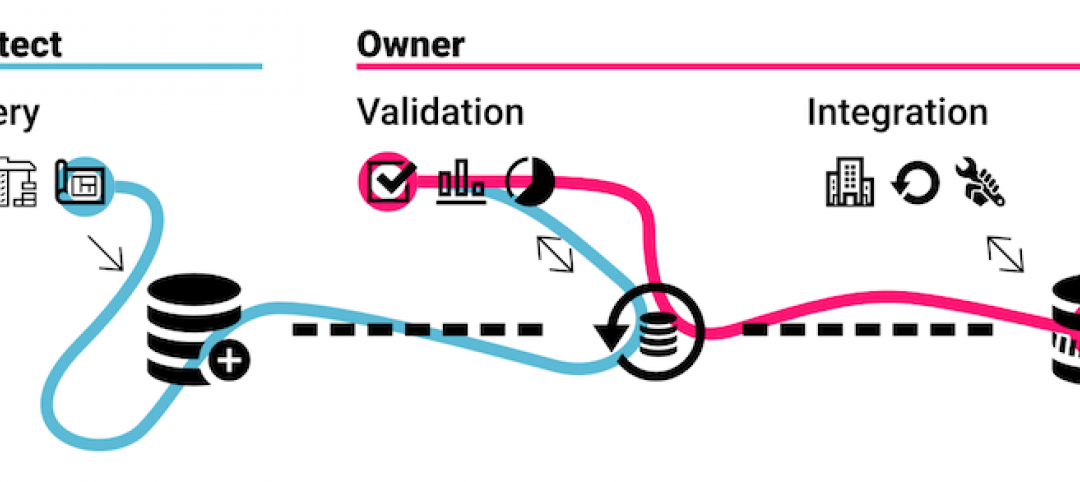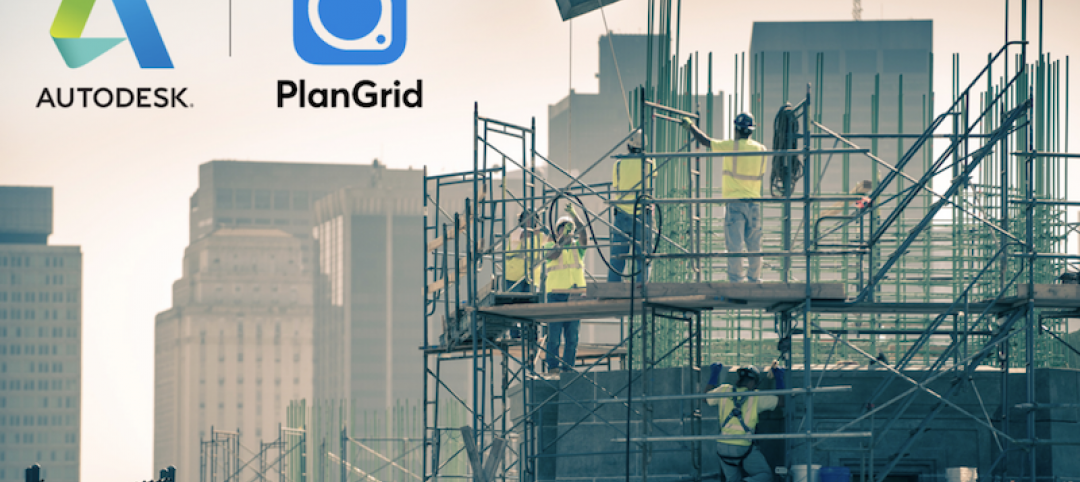There is an unprecedented wave of speculation and investment in Artificial intelligence (AI) sweeping the industry with ideas like machine learning (ML) appearing as a magic wand of business innovation. Beneath the seemingly boundless hype of AI, however, there is something quite simple at play -- the idea of finding ways to perform well-understood, common tasks more efficiently, according to leading data and analytics company GlobalData.
An analysis of GlobalData’s Disruptor Tech Database reveals that enterprise AI practitioners are primarily seeing very pointed benefits within problems that directly impact the bottom line.
For instance, one of the compelling areas where businesses have been using AI is generating leads. Harley-Davidson in New York chose AI to automatically craft the most appropriate digital marketing and advertising campaign on a customer-by-customer basis. The technology captures existing customer data from the company’s customer relationship management (CRM) system and analyzes user’s online and offline past purchasing behavior to scale up marketing campaigns across channels. Within three months of deployment, leads of the dealership grew by nearly 3,000% and more importantly the sale of motorcycles by 40%.
Another, pointed, pragmatic use cases for AI can be found in boosting operating efficiency. General Electric (GE), for instance, unlocked millions in cost savings using AI. Given its long operating record in multiple sectors and numerous enterprise resource planning (ERP) systems, GE has often faced challenges in arriving at a conclusion on its overall expenditure. AI enabled GE to combine all its 270 separate ERP systems into a single platform. The company realized more than $100 million in return on investment in different ways, including optimizing sourcing strategies, renegotiating contract terms, identifying cross-selling opportunities and reducing landing cost of products.
AI has been increasingly touted by enterprises as a key to customer personalization. Spotify stands a classic example in using AI to facilitate its customers with personalized music listening experience. Although players in the music streaming business such as Apple and Pandora offer curated playlists, they often fail to match individual listener’s music taste over time. Spotify’s “Discover Weekly” feature, curated algorithmically, became a sensation in personalizing music playlists more accurately at exceptionally large scale.
AI is of course the game changer of risk management to businesses in many ways. Online money transfers and payments company PayPal moved from using linear models to neural networks with deep learning (DL) for analyzing money transactions in real-time. The advanced platform helps to create scenarios related to positive and negative user behavior and contribute to improving the accurace of fraud detection over time. PayPal claims to have reduced the fraud rate to 0.32% of its total revenue, as compared to many peers at 1.32%.
The aforementioned are just a few in the expanding list of companies realizing tangible benefits with the use of AI.
“The operationalization of AI has allowed nearly every enterprise to grow smart, leveraging AI not globally but very specifically in solving well-understood problems, all without having to invest heavily in data sciences. However, while many are witnessing desirable results, potential AI practitioners should approach AI with caution, carefully weighing internal expertise against business needs,” concludes Brad Shimmin, Service Director, Global Technology and Services at GlobalData.
For more on how AI is being used in the AEC industry, and how the AEC industry can look to other sectors for how to best capitalize on the technology, check out BD+C's article, "Say 'Hello' to erudite machines," in the August issue.
Related Stories
AEC Tech | Jan 28, 2021
The Weekly show, Jan 28, 2021: Generative design tools for feasibility studies, and landscape design trends in the built environment
This week on The Weekly show, BD+C editors speak with AEC industry leaders from Studio-MLA and TestFit about landscape design trends in the built environment, and how AEC teams and real estate developers can improve real estate feasibility studies with real-time generative design.
AEC Tech | Nov 12, 2020
The Weekly show: Nvidia's Omniverse, AI for construction scheduling, COVID-19 signage
BD+C editors speak with experts from ALICE Technologies, Build Group, Hastings Architecture, Nvidia, and Woods Bagot on the November 12 episode of "The Weekly." The episode is available for viewing on demand.
Smart Buildings | Oct 26, 2020
World’s first smart building assessment and rating program released
The SPIRE Smart Building Program will help building owners and operators make better investment decisions, improve tenant satisfaction, and increase asset value.
BIM and Information Technology | Oct 8, 2020
4 challenges of realizing BIM's value for an owner
In recent years, we have found our consulting practice engaging more and more with owners that are questioning the value of BIM and how they can make use of potentially data-rich BIM assets.
AEC Tech | Feb 5, 2020
BIM London: A glimpse of BIM discussions across the pond
Digital twin, ISO standards, blockchain, and data were the hot topics at the recent The Digital World: BIM event.
Building Technology | Mar 6, 2019
Australia’s prefab construction sector is trying to break out from its 'getting there' stage
A paper by Deloitte looks back at an origin case study. But the country has yet to develop a fully formed industry.
BIM and Information Technology | Jan 18, 2019
BIM: Sharing is caring
Sharing of and reliance on BIM data is central to the idea that BIM will lead to a more efficient, more economical, and more collaborative construction process.
BIM and Information Technology | Jan 10, 2019
'BIM to AR' comes to the masses
Could new technology that simplifies the transfer of BIM models to augmented reality push AEC firms to go all in on extended reality?
Building Technology | Dec 20, 2018
Autodesk is spending $1.15 billion to acquire two construction tech providers
PlanGrid and BuildingConnected are the latest pieces in the company’s quest to digitize the construction industry.
Building Technology | Dec 18, 2018
Data and analytics are becoming essential for EC firms competing to rebuild America’s infrastructure
A new paper from Deloitte Consulting advises companies to revise their strategies with an eye toward leveraging advanced technologies.

















